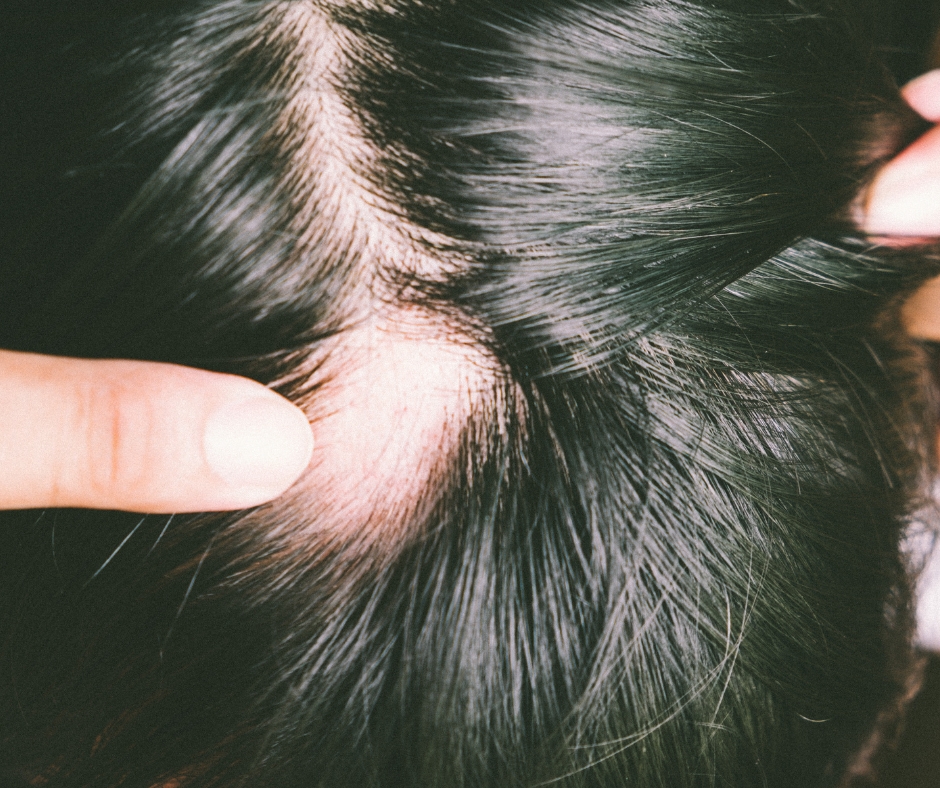No products in the cart.
Alopecia and Emu oil
26 October 2015

This is something our daughter has suffered from when something very stressful happens in her if life, something triggers the hair to stop growing, she notices the hair loss about 3 months after the stress. She has been lucky and hers has grown back after a few months
Emu Oil for Alopecia
Since hair can definitely grow back, even after years of extensive hair loss, those who suffer from alopecia may want to try Emu Oil on the sleeping hair follicles. Emu Oil contains a multitude of EFA’s which help to “feed” the skin. Consumers who suffer from natural forms of baldness have reported hair regrowth. The good news in these reports is that Emu Oil helps stimulate and awaken the sleeping hair follicle. Since Alopecia only suppresses the hair follicle (vs. killing the hair follicle), Emu Oil may have an effect to assist with hair regrowth. Applying Emu Oil topically, as well as ingesting a teaspoon of emu oil morning and night may give the hair follicle the EFA’s needed for good health and hair regrowth.
To our knowledge, current medical treatments do not turn alopecia areata off; they stimulate the follicle to produce hair again, and treatments need to be continued until the disease turns itself off. Unfortunately the current treatment for this disease is direct injections of cortisone into the bare skin patches, normally once a month. Other treatments include the use of topically applied minoxidil, cortisone creams and anthralin cream. Anthralin is a synthetic, tar-like substance, which can cause brownish discoloration of the treated skin.
Emu Oil is an all-natural food by-product. An alternative to harsh medicines and synthetic substances, Emu Oil can be used without fear of toxicity, skin discoloration or physical side effects.
To buy Emu Ridge Emu oil visit www.emuridge.com.au
To read more reviews on Emu oil click here
We also have a blog about hair loss and growth that maybe of interest as well you will find more here.
What is Alopecia Areata?
This is a common disease that results in the loss of hair on the scalp, and may occur elsewhere on the body. Hair loss may begin with one or more smaller patches, and effects both males and females.
In Alopecia Areata, the affected hair follicles become very small and slow down production. Hair may not be visible above the surface for months or years after loss occurs. The most commonly affected area is the scalp, but the beard or any hair growth site can be affected.
This disease is somewhat unpredictable; some people develop only a few bare patches that regrow hair within a year. With others, there is extreme hair loss on the scalp, leaving them completely bald (alopecia totalis). When hair loss occurs from the entire scalp and body, this is called alopecia universalis. The positive side to this hair loss is that the hair follicles remain alive and are ready to resume normal hair production when they receive the proper signal from the body. Since this affliction is unpredictable, hair regrowth may occur even without treatment and even after many years.
Why Does Alopecia Areata Occur?
No one is 100% sure, but it is currently believed that hair follicles are suppressed by the body’s immune system. It is not known whether the trigger comes from outside the body or inside the body. Indications are that some persons may have genetic markers that increase susceptibility to alopecia areata, thus it may be somewhat hereditary. In one out of five people who develop alopecia areata, another family member also has it. Genetic links may also include families whose members have had asthma, hay fever, atopic eczema, or other autoimmune diseases such as early-onset diabetes, thyroid disease, rheumatoid arthritis, and lupus.
This information was sourced by Emu Ridge from the Emu Oil Research Institute.
No information contained within the pages of emu-oil.com should be construed as medical advice. We are not doctors. Please contact your physician for medical advice. We make no medical claims, expressed or implied.





